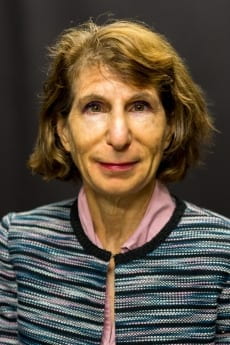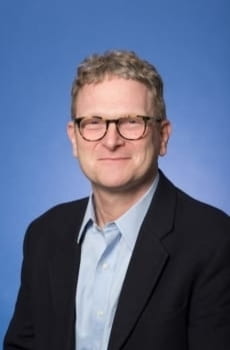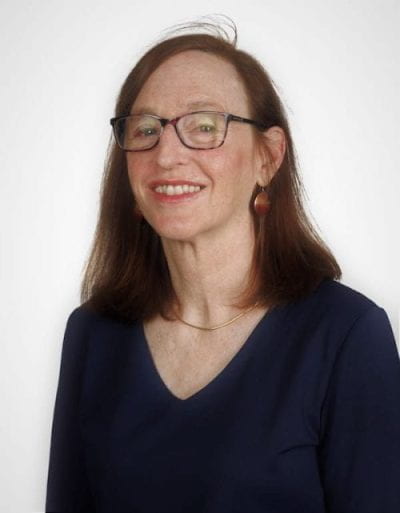Tuesday, December 9th, 2025
12:00 PM – 1:00 PM ET
Chung-wen Shih Asian Studies Conference Room, Suite 503
Elliott School of International Affairs
1957 E Street NW Washington, D.C. 20052
In this lecture Dr. Hällzon will provide a brief overview of the diverse source materials kept in Swedish archives and museums dealing with Eastern Turkestan. These materials consist of thousands of photographs (many in color), samples of material culture, missionary reports and correspondence (written in Swedish), Eastern Turki manuscript sources and more. These rich and varied collections provide ample possibilities for engaging in historical research on matters related to Uyghur language and culture. While Dr. Hällzon will provide an overall description of what materials one can find in the Swedish archives (and how they came there), the focus in this lecture will be on the role of visual sources and how these can be used for research on oasis life in Eastern Turkestan.
Speaker:

Dr. Patrick Hällzon (Uppsala University, Sweden) is currently a visiting scholar at the Sigur Center for Asian Studies with his ongoing postdoctoral research project entitled Oasis Life in Eastern Turkestan: The Matrix of Culture, Language and Landscape in the Late 19th and Early 20th Centuries.






































